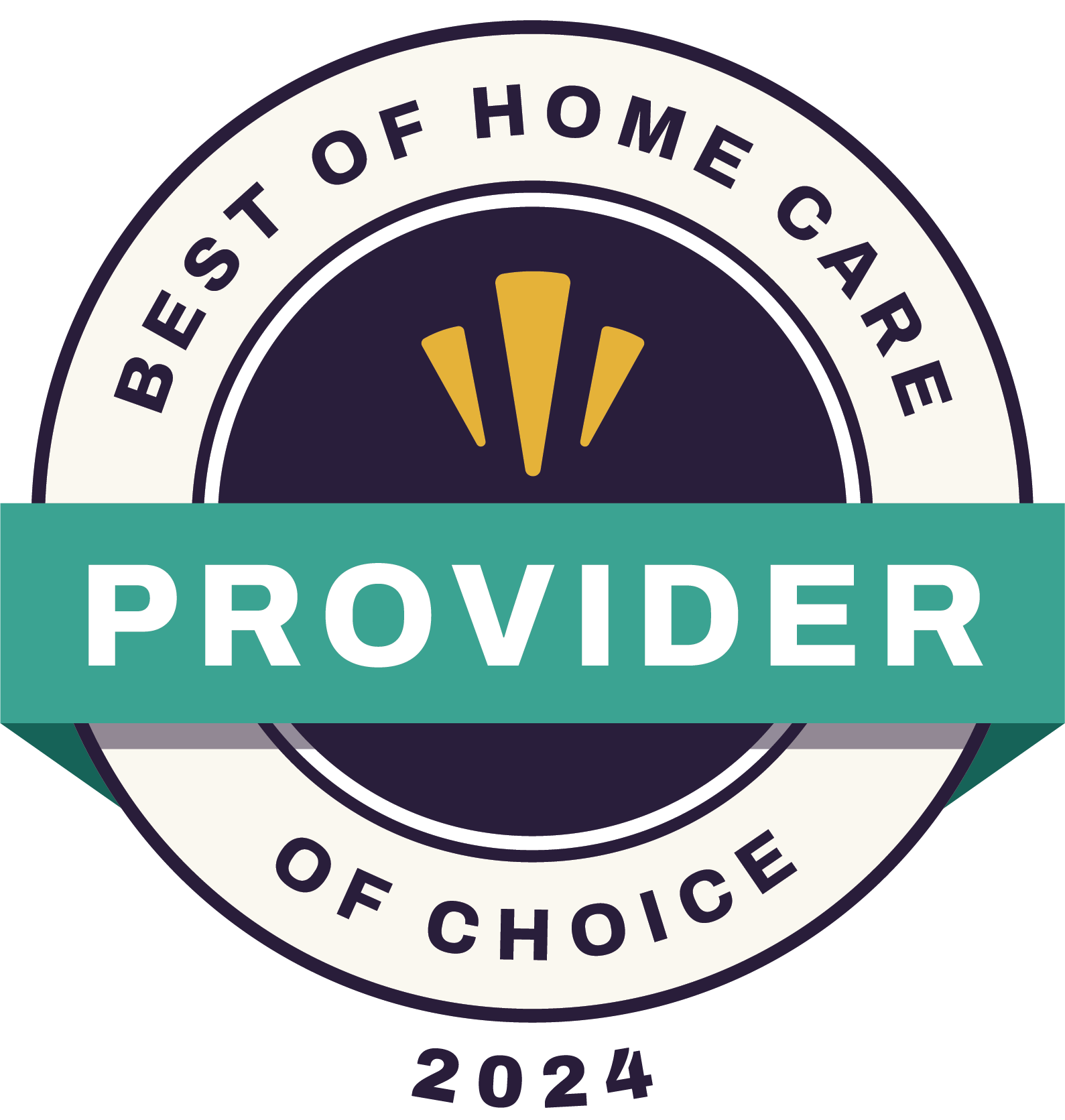Staying Safe: Seniors and Life After the COVID-19 Vaccine
COVID-19 has had a tremendous adverse impact across the globe – from job loss to children's education to hunger and an overwhelming death toll. In the early days of the pandemic, one of the hardest-hit areas in the United States was New York. We can all recall the devastating scenes of hospitals at full capacity, frontline health workers begging for PPE, and case numbers steadily climbing. Fortunately, New York was able to turn the corner on the grim statistics that gripped that state when it was the epicenter of the crisis. That doesn't mean that the emergency has passed, especially for older adults who have borne the brunt of the ravaging effects of COVID-19. As we have entered this new year, 2021, we have a renewed sense of hope due to the promise of a COVID-19 vaccine.
The COVID-19 Vaccine: The Next Level in the Fight Against Coronavirus
For almost a year now, we have lived in the shadow of COVID-19. Indeed, it has affected our day-to-day existence, dictating our movements and reshaping our relationships. Most of us are exhausted both mentally and physically, yearning for a return to normal life.
Yet, we are constantly reminded that we must not let up, continuing to frequently wash our hands, social distance, and wear our masks. Even with vaccines as a powerful tool in the fight against coronavirus, we must remain vigilant.
The vaccines are the next level measure to combat COVID-19 in anticipation of a return to everyday life. Although the COVID-19 vaccine is not a cure, it has shown to be highly effective in preventing severe illness associated with COVID-19. Older adults are a top priority for vaccination because “the risk of severe illness with COVID-19 increases with age”.
Just as we are continually learning about how the virus works, we are also still learning about the vaccines' performance in the real world. For this reason, both the Centers for Disease Control and Prevention (CDC) and the NYC Health Department, advise that older individuals who are vaccinated continue to take precautions such as wearing a mask, washing their hands often, avoiding crowds, and maintaining a 6 feet distance from others.
Life After the COVID-19 Vaccine: Guidance for New York's Senior Residents
Many older adults have been isolated during the pandemic and yearn to have face-to-face interaction with their children and grandchildren.
New York is operating a phased COVID-19 vaccine distribution program currently vaccinating qualified individuals in Phase 1A and 1B. Under this protocol, those 65 and over, including those in long-term care facilities, are eligible. The city is also prioritizing home-bound seniors and their caregivers by giving precedence for vaccine appointments to home care aides and providing in-home vaccination to older adults who cannot access vaccination sites.
With seniors as a priority in the initial stages of the vaccine rollout, older adults wonder when they can resume a normal life. Below we will explore how after receiving the vaccine you can stay safe while enjoying life:
Visiting With Family and Friends
As a senior who has been vaccinated, or the family member or friend of a vaccinated older adult, you want to be safe during visits. Although the vaccine provides a level of protection, the risk when gathering with other persons is not zero, so considering the following factors and adhering to the recommended guidelines is prudent even after you have received both doses of the vaccine.
- Virus transmission from child to grandparent – Children are more frequently asymptomatic carriers of the virus. Virus transmission from a grandchild to a grandparent is possible (even after the COVID-19 vaccine). Even though a vaccinated person would experience less severe symptoms, there is still a risk. Additionally, it will be a while before we can vaccinate most children so the danger to older adults may exist for some time.
- The amount of virus transmission – Experts agree that when the amount of virus transmission in the country declines, it will be safer for those of multiple generations to gather.
New CDC guidelines indicate that if you have been fully vaccinated you can gather indoors with other fully vaccinated people without wearing a mask. You can also gather together with unvaccinated people from one other household (for example, visiting relatives who all live together) without masks unless any of those people or anyone they live with has an increased risk for severe illness from Covid-19.
Recommendations
It is suggested that if you choose to get together with older relatives, ensure it is after they have received both doses of the vaccine. Then, you should follow the recommendations below:
- Stay outside (when possible)
- Wear a mask
- Practice social distancing
- Remain in a well-ventilated area, if indoors
- Keep the size of the gathering small
- Encourage family/friends to get tested before visiting
Going Out Into the Community
What about venturing into the community after getting vaccinated? Many older adults are eager to get back to doing activities outside their homes that they enjoy.
Health professionals believe that engaging in pre-COVID activities will increasingly become safer; however, it will depend on your community's transmission rates. In New York, many venues are now open – malls, restaurants, nail salons – but older vaccinated adults should know how the virus is spreading in their community before going to these places and continue to take the necessary precautions as mentioned above.
Keep Seniors Safe After the COVID-19 Vaccine
Understandably, we are all weary, and medical professionals know that the circumstances are taking a toll on our physical and mental health. As much as we long for the day when we can throw away our masks and hug and kiss our loved ones, we are not there yet. However, with the administration of the COVID-19 vaccine, we are getting closer to that day.



